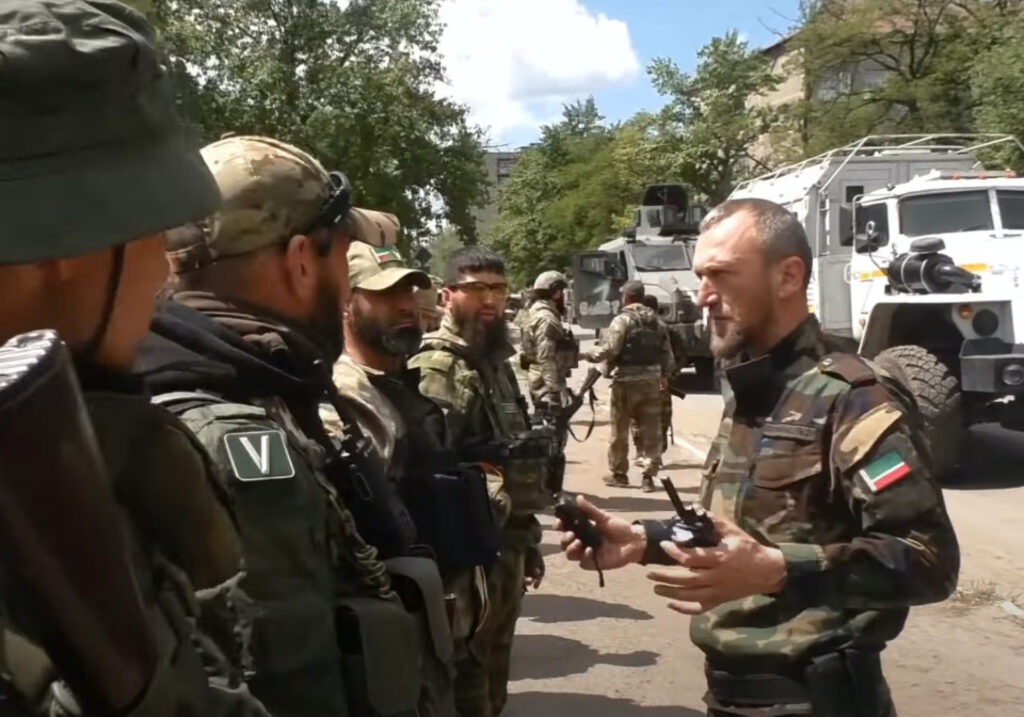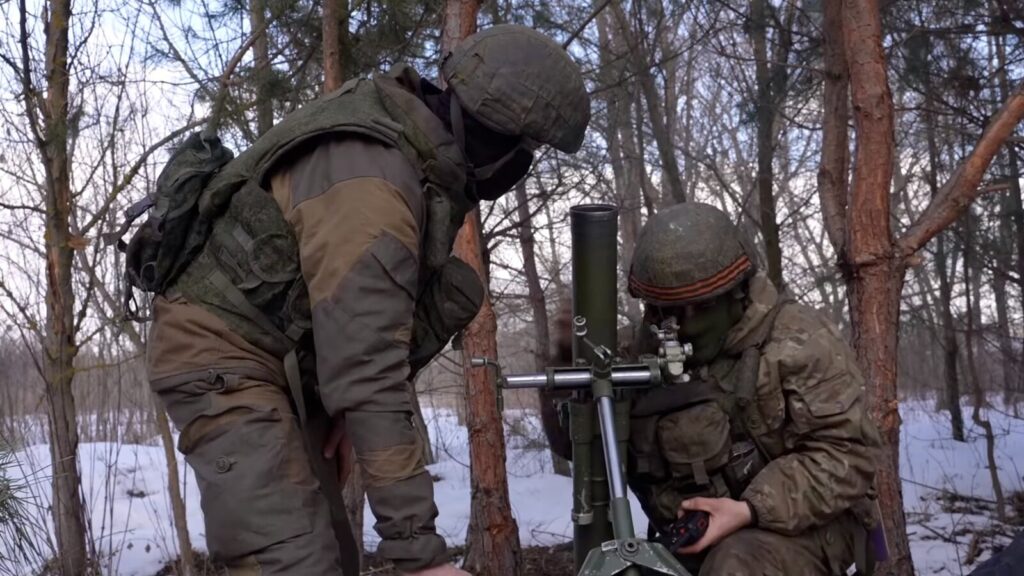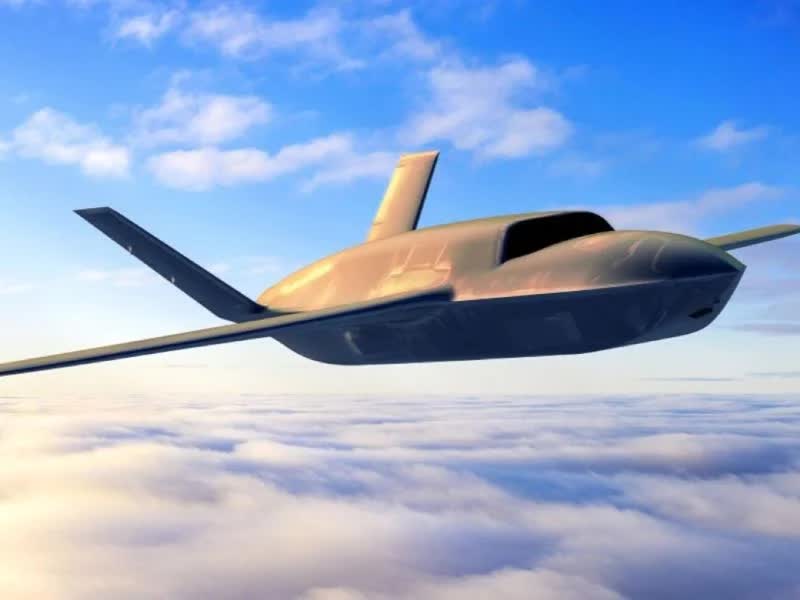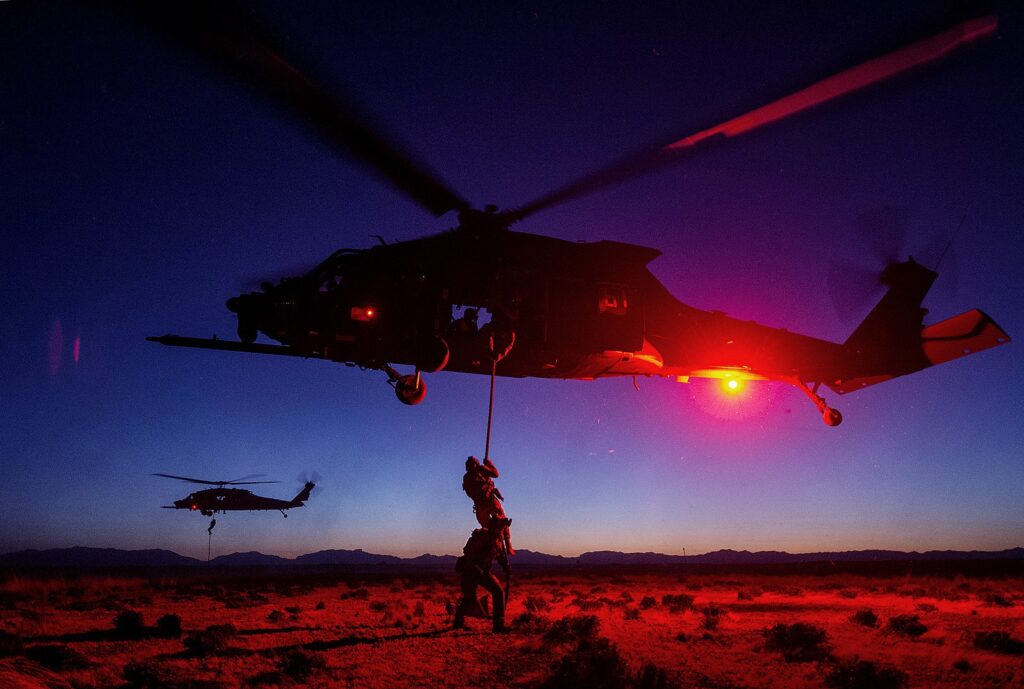Russia can’t conduct maneuver warfare – and this is costing it a lot
- By Stavros Atlamazoglou
Share This Article

For almost one year, the Russian military has been maintaining a large-scale offensive in eastern Ukraine.
At the cost of over 100,000 dead and thousands of heavy weapon systems destroyed, the Russian military has failed to achieve the operational breakthrough that the Kremlin desires so much.
The Ukrainian military has fought cleverly within its means, conceding territory only when it must and living to fight another day.
“The Russian offensive effort in eastern Ukraine that began in fall 2023 continues to produce gradual Russian tactical gains in specific sectors of the front, but operationally significant gains will likely continue to elude Russian forces,” the Institute for the Study of War assessed in its October 3 operational update on the war in Ukraine.
The Ukrainian military, understanding its shortcomings in manpower and munition availability, especially in artillery rounds, is pursuing an in-depth defense strategy. This strategy stipulates conceding territory to the Russian military very slowly and only after inflicting heavy losses on the attacker.
“Ukrainian forces do face serious operational challenges and constraints, which are providing Russian forces with opportunities to pursue tactically significant gains,” the Institute for the Study of War added.
To be sure, the Ukrainians are retreating in the Donbas, but only very gradually and in a way that minimizes compromises to their strategic position. Kyiv is clearly awaiting further Western military support and new and replenished units to come into the picture before it launches another counteroffensive. So, in the meantime, the Ukrainian forces try to inflict as many casualties as they can against the Russian forces without allowing an operational breakthrough that could upend the whole battlefield.
Related: Ukraine’s getting powerful long-range glide bombs that will give its F-16s a new punch

The Russian military has been focused on tactical gains as opposed to wider operational success on the battlefield mainly for two interconnected reasons.
First, the Russian military leadership hasn’t embraced maneuver warfare. This type of warfare is what led the U.S. military in downtown Baghdad in 21 days in 2003. However, maneuver warfare also requires proficiency in combined arms operations and trust within the structure of the military. Commanders provide their intent to subordinates, who are responsible for making it happen, but mainly through what they believe will work best. Such a flexible command structure is nonexistent in the Russian armed forces, which doesn’t even have a strong non-commissioned officer (NCO) corps. Everyone looks up the ladder before making a decision, thus seriously frustrating initiative and violence of action, two key components of modern maneuver warfare.
Second, the Russian military doesn’t have the necessary quality of troops to establish a clear superiority on the battlefield. The quality of Russian recruits is questionable to begin with and the Kremlin’s decision to pursue an attritional strategy in Ukraine, throwing men and weapon systems against the Ukrainian defensive positions like it’s World War I, means that there isn’t time for new troops to gain experience. Russian troops newly arrived at the front quickly become casualties. Ukrainian assessments, largely corroborated by the West, put the number of Russian casualties to over 650,000 men killed, wounded, or captured. Currently, the daily rate of Russian losses is over 1,000 men per day.
These two factors are the main reason why the Russian military hasn’t achieved an operational breakthrough even after almost 1,000 days of fighting. And it is increasingly looking like the Kremlin will fail to achieve one in the near future.
“Russian forces do not have the available manpower and materiel to continue intensified offensive efforts indefinitely, however, and current Russian offensive operations in eastern Ukraine will likely culminate in the coming months, if not weeks, as Ukrainian officials and ISW have previously assessed,” the Institute for the Study of War concluded.
Feature Image: Chechen troops on the Russian side in Donbass, June 2022. (Photo by Gennadiy Dubovoy/Wikimedia Commons)
Read more from Sandboxx News
- ‘Send me’ – 31 years after the Battle of Mogadishu
- Army’s future helicopters could be more autonomous and launch their own drones
- The Air Force’s 24th Special Tactics Squadron is an elite special operations unit like no other
- Japan’s modern Howa Type 20 – Service rifles from around the world
- What do the recent Russo-Chinese joint exercises in the Pacific mean
Stavros Atlamazoglou
Greek Army veteran (National service with 575th Marines Battalion and Army HQ). Johns Hopkins University. You will usually find him on the top of a mountain admiring the view and wondering how he got there.
Related to: Ukraine

The Intelligence Support Activity – one of America’s most secretive special operations units

The Air Force wants drones on steroids to accompany its future fighters

Exploring the versatile cornerstone of the US Navy’s destroyer fleet

